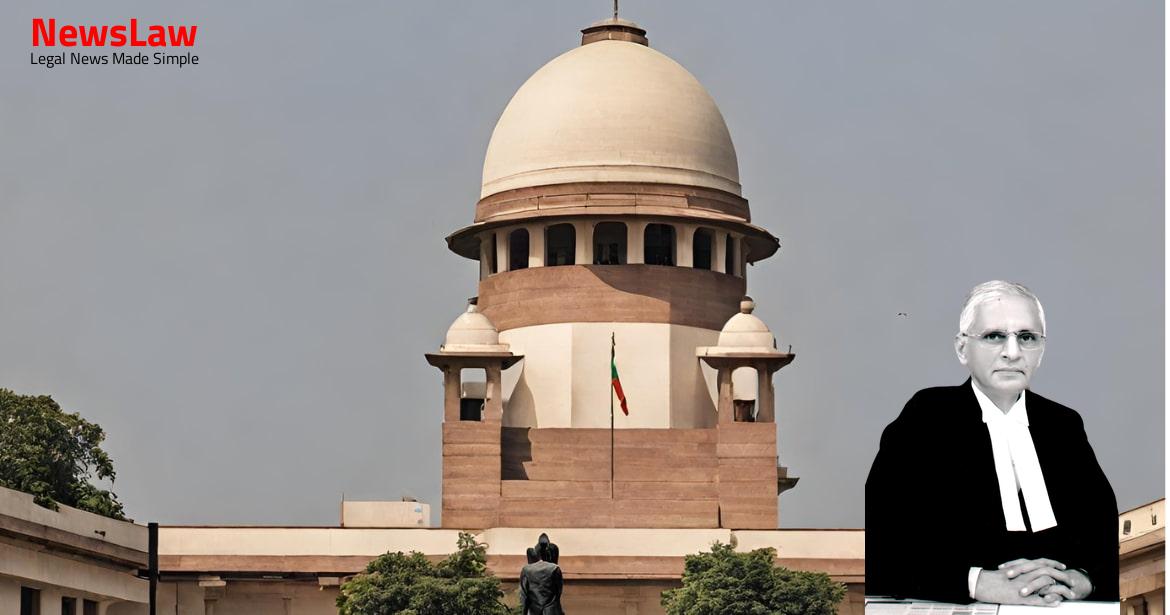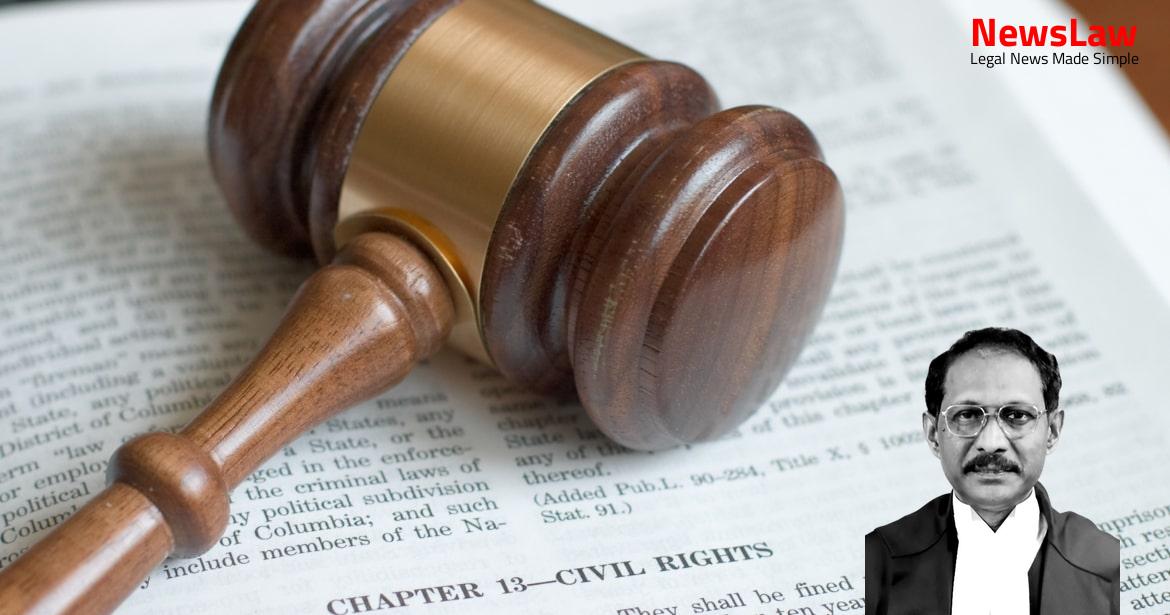Dive into the court’s detailed legal analysis regarding the reservation system for post-graduate medical admissions through institutional preference. This summary delves into the nuances of how the introduction of NEET has influenced the principles of reservations in educational institutions, highlighting key cases and constitutional considerations.
Facts
- The petitioners, junior residents, completed their one-year compulsory bond period between 2019 and 2020.
- The petitioners made representations seeking to be considered in the ‘in-service’ quota for DNB courses, as per ESIC provisions.
- ESIC provides a fifty per cent reservation for ‘in-service’ doctors in post-graduate seats, but junior residents are not included.
- The respondent issued a notice inviting applications from eligible ‘in-service’ doctors of ESI Medical colleges.
- The petitioners’ grievance is that junior resident doctors and IMO-II personnel possess similar qualifications, duties, and responsibilities.
- The ESIC Residency Scheme governs the leave and other entitlements of junior resident doctors.
- The distinction between junior resident doctors and regular medical officers recruited by ESIC was explained in an affidavit filed by the Deputy Medical Commissioner (Medical Education).
- Undergraduate medical students pursuing education in ESIC institutions are required to serve as junior residents.
- A revised ESIC Residency Scheme was issued on 24 November 2020 to improve the quality of services provided under the Employees’ State Insurance Scheme.
- Until 2017, the bond period was five years, then reduced to three years, and further reduced to one year in 2020 for undergraduate MBBS/BDS students at ESIC medical and dental colleges.
- Despite the option not to serve beyond a year as per the 2020 memorandum, the petitioners continued of their own accord.
- The petitioners cannot claim the 50% reservation for ‘in-service’ doctors as they were fulfilling bond conditions after completing their studies in ESIC medical colleges, not regular medical officers recruited through advertised vacancies.
- Petitioners are not classified as in-service doctors and are governed by ESIC Staff and Conditions of Service Regulations 1959.
Also Read: Balancing Power and Transparency: Electoral Bonds Struck Down, Disclosure Mandated
Arguments
- Petitioners contended that institutional reservation upheld in previous cases would not be permissible due to the introduction of NEET.
- Cited cases of Pradeep Jain and Saurabh Chaudri to support their contention.
- Argued that the introduction of NEET changes the dynamics of reservation in institutions.
Also Read: Recall of Resolution Plan Approval: Legal Analysis
Analysis
- Junior residents are eligible for 50% reservation in respondent institutions on institutional preference.
- Junior residents are contractual employees and not bound to serve the respondent-institution after completing post-graduate studies.
- The reservation for in-service candidates benefits IMO-II doctors who serve until superannuation.
- Mode of appointment and tenure differ between junior residents and IMO-II doctors.
- Junior residents are ‘in-service’ doctors with duties fixed by competent authority.
- IMO-II doctors are governed by ESIC Staff and Conditions of Service Regulations 1959.
- The petitioners completed their one-year compulsory bond period after undergraduate courses at ESIC colleges.
- Court decisions recognize reservation through institutional preference for post-graduate medical education.
- Junior residents and regularly recruited ESIC doctors have distinct regulations despite similarities in qualification, duties, and pay scale.
- Memorandum dated 28 July 2020 allowed petitioners to leave after one year of junior residency.
- The revised ESIC Residency Scheme for UG pass-outs was issued on 2 February 2018.
- Constitution Bench approved reservation based on ‘institutional preference’
- Institutional preference in post-graduate medical admissions is permissible and constitutional
- Post-graduate medical admissions through institutional preference are made based on the rank received in the NEET examination
- The petitioners cannot claim parity with regularly recruited insurance medical officers
- In-service quota is justifiably made available to regularly recruited insurance medical officers
Decision
- No merit found in the petition
- Pending application disposed of
- Petition dismissed
Case Title: HEMANT KUMAR VERMA Vs. EMPLOYEES STATE INSURANCE CORPORATION (2022 INSC 744)
Case Number: W.P.(C) No.-000444 / 2022



